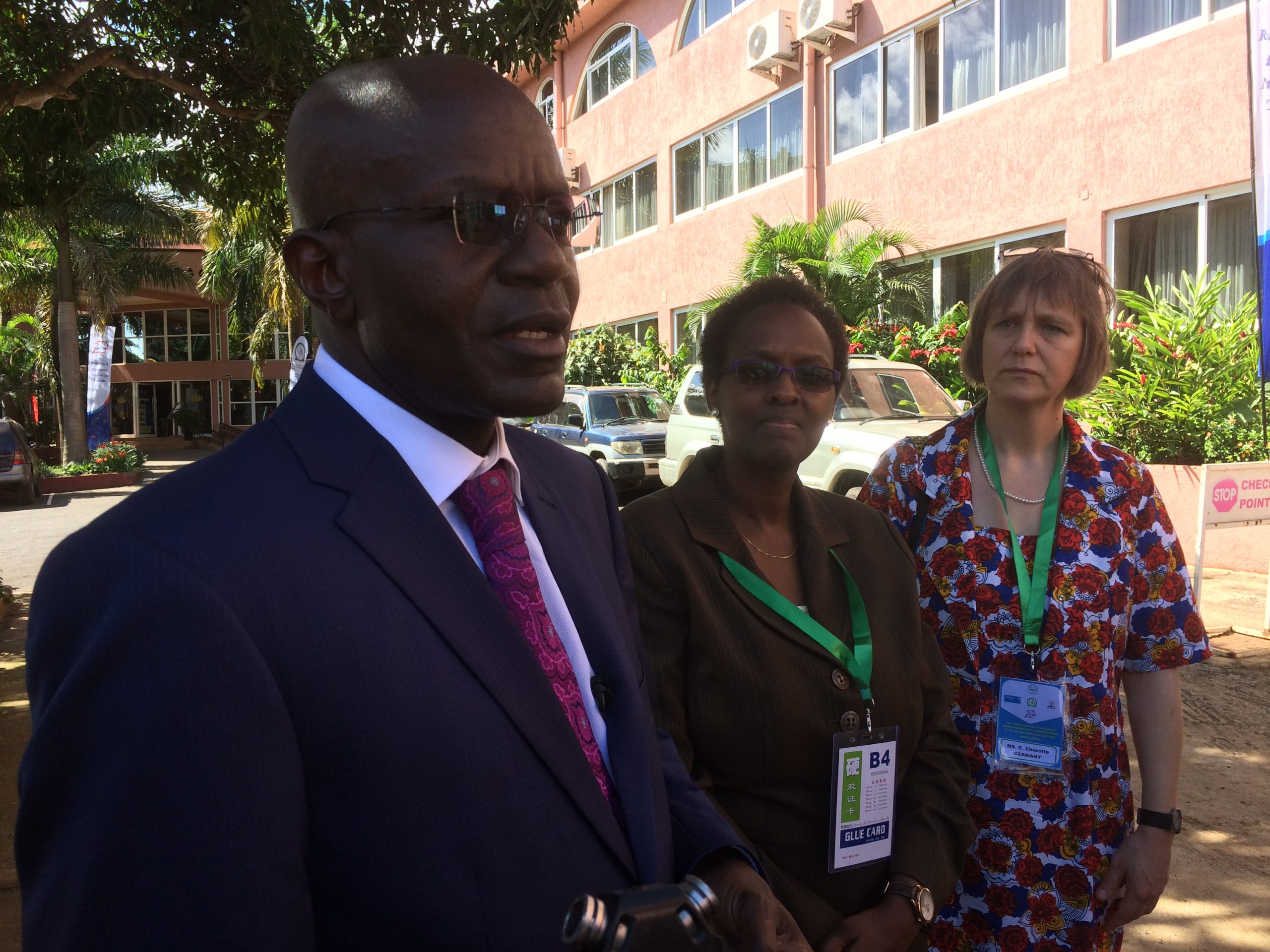By. Damba Rogers
East African universities are being asked to focus more on having more competence training of students so as to fit in the current job market.
Speaking at the opening of the 3rd annual East African university quality assurance network conference held today in Entebbe, the permanent secretary ministry of education Uganda, Alex Kakooza attributes the half baked products from universities in the region to the poor training module that focuses more on theory than practical’s which in the end the graduates can not service the industry well.
With the growing gap in the skills and what the job market wants, they are now introducing competence training at university to introduce best skills required by the job market.
Uganda has over 200 higher institutions of learning that pass out students with certificates, diplomas, degrees, masters degrees and PDHs but these students are having less direct and immediate impacts to the current job market problems.
The conference seeks to draw better ways on how universities in the region can better produce the required workers with better skills.
The executive director National Council of Higher Education, Dr. Pamela Kalyagira reveals that the council has established new ways on how programmes are delivered at the universities in a bid to see that products meet the needed standards by the job market.
According to the director we interviewed on the sidelines of the ongoing regional university meeting in Entebbe, stakeholders among them being the industry are invited to have their input in the formulation of the new curriculum to have what they need to be taught by universities included to have well-baked products for the market.
She adds that this requires all stakeholders to come together as one to come up with the best teaching guides to have a better out at the end.
The new changes also focus at seeing that universities in the region stop having huge numbers of students in lecturer rooms for effective teaching, assessment and other needed plans to teach students.
In Uganda’s public and private universities, a lecturer can teach over 400 students in a single lesson which impacts on the quality of the students.
Meanwhile, the chairperson, inter-university council of East Africa, Alexander Lyambambaje calls for the establishment of research-based incubators to come up with better innovations that will facilitate development in the regional member states.
END













